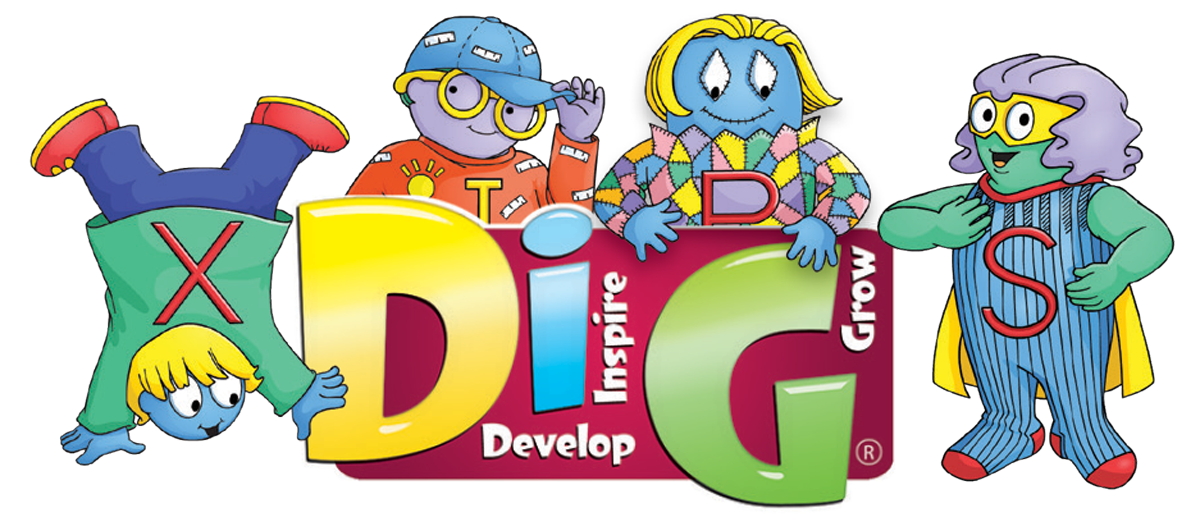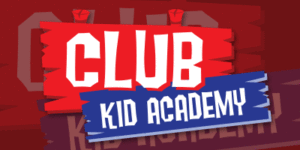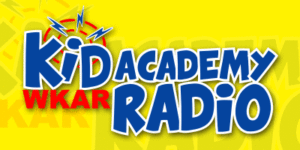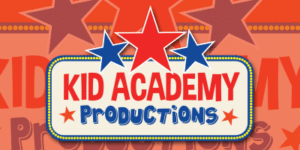Pre-K for 5 Year Olds
Welcome to Kid Academy in Gulfport, MS, where we nurture young minds with our specialized Pre-K program designed for 5-year-olds. Our Pre-K5 curriculum is tailored to ensure that children are fully prepared for the exciting journey ahead in kindergarten, focusing on social-emotional, physical, and academic development in a safe and loving environment.
DIG: Develop. Inspire. Grow!
At Kid Academy, we take immense pride in our innovative Develop, Inspire, Grow (DIG) curriculum, meticulously crafted to nurture every facet of your child’s development and pave the way for academic success. Built on extensive research and years of experience, DIG encapsulates our commitment to fostering holistic growth in young learners.
Develop: The first pillar of DIG focuses on laying a strong foundation for comprehensive development. Through interactive activities and meaningful experiences, we encourage social-emotional growth, helping children build confidence, empathy, and resilience. Our teachers provide a supportive environment where children learn to collaborate, communicate, and develop positive relationships with their peers, setting the stage for a lifetime of healthy social interactions.
Inspire: The Inspire component of DIG is designed to ignite curiosity, creativity, and a passion for learning. We believe in the power of inspiration to fuel intellectual curiosity and drive academic achievement. Through engaging lessons, hands-on exploration, and exposure to diverse experiences, we spark a love for learning that extends far beyond the classroom. Our goal is to instill in children a sense of wonder and a thirst for knowledge that motivates them to explore, question, and discover new ideas.
Grow: The final pillar of DIG focuses on empowering children to reach their full potential and achieve meaningful growth. We provide a stimulating environment where children are challenged to think critically, solve problems, and express themselves creatively. Whether it’s through hands-on activities, collaborative projects, or individual exploration, we encourage children to stretch their limits, embrace new challenges, and celebrate their progress. Our aim is to foster a growth mindset that equips children with the skills, confidence, and resilience they need to thrive academically and personally.
By embracing the principles of Develop, Inspire, Grow, we create a dynamic learning environment where every child is valued, supported, and empowered to reach for the stars. Through our innovative curriculum and dedicated educators, we nurture the potential within each child, helping them develop the skills, knowledge, and confidence they need to succeed in school and beyond.
In our Pre-K5 program, children delve into a world of numbers, exploring concepts like counting, adding, and subtracting, while also honing their fine motor skills through hands-on activities. Our integrated approach to science, social studies, health, and safety encourages exploration and inquiry, fostering a love for learning from an early age.
A Typical Day at Kid Academy
At Kid Academy, each day is a thrilling journey of exploration, learning, and growth. From the moment children step through our doors, they are greeted with warmth, enthusiasm, and endless opportunities to discover, create, and connect. Here’s a glimpse into a typical day in our vibrant Pre-K for 5-year-olds program:
Morning Circle Time: The day begins with a lively gathering as children come together for morning circle time. Led by our passionate educators, this special moment sets the tone for the day ahead. Children engage in group discussions, share stories, and participate in interactive songs and rhymes, fostering a sense of community and belonging.
Developmental Learning Sequences: As the morning unfolds, children dive into a series of developmental learning sequences designed to stimulate their minds and bodies. From exploring math concepts through hands-on activities to delving into literacy-rich experiences with captivating stories and interactive games, every moment is an opportunity for growth and discovery.
Snack and Meal Times: Fueling both body and mind, snack and meal times are cherished moments of connection and nourishment. Children gather around the table to enjoy healthy snacks and lunches, practicing important social skills such as sharing, conversation, and table manners. Our educators use these moments to reinforce healthy eating habits and encourage meaningful conversations.
Outdoor Adventures: Embracing the beauty of nature and the joy of movement, outdoor playtime is an integral part of every day at Kid Academy. Children delight in exploring our outdoor playground, engaging in imaginative play, and honing their gross motor skills through active games and physical challenges. Under the watchful eye of our educators, they run, jump, climb, and explore, reveling in the freedom of outdoor exploration.
Specialized Learning Centers: In the afternoon, children rotate through specialized learning centers, each carefully curated to inspire creativity, curiosity, and critical thinking. From art and sensory exploration to dramatic play and STEM activities, children immerse themselves in hands-on learning experiences that cater to their unique interests and learning styles.
As the day draws to a close, children leave Kid Academy with hearts full of memories, minds buzzing with newfound knowledge, and spirits soaring with excitement for the adventures that await. Each day is a testament to our commitment to providing a nurturing, stimulating, and enriching environment where every child can thrive and reach their full potential.
Parental Involvement
At Kid Academy, we recognize that parents are invaluable partners in their child’s educational journey. That’s why we place great emphasis on fostering strong connections and open communication with families, ensuring that parents play an active role in their child’s learning and development. Here’s how we encourage parental involvement at every step of the way:
Read Aloud: Reading books together as a daily routine is one of the best things parents can do to promote a love of books and development of literacy skills. Not only is reading a book together a wonderful bonding activity, but it also introduces children to a wide range of vocabulary that they may not encounter in their everyday conversations. If you have any questions about how to find appropriate reading materials for your child, your child’s teacher will be happy to make recommendations.
Talk and Listen: By asking specific questions about your child’s day, you can encourage your child to reflect on his or her experiences and learning. Ask your child to tell you about the WOW word of the day, the Letter People, or a favorite game. Talking and encouraging your child to talk are great ways to promote oral language skills and vocabulary development.
Do Learning Activities Together: Every week, we will send home a Family Fun Letter with suggestions for activities that you can do at home with your child. Our curriculum also provides online access to many ideas and activities that support what the children are learning in class each week.
We understand the importance of parental involvement in a child’s education journey. That’s why we keep parents informed about their child’s progress and encourage open communication. Through activities like reading aloud, engaging in learning activities at home, and participating in school-family partnerships, parents can further enrich their child’s learning experience.
Join Us in This Exciting Pre-K5 Journey
At Kid Academy, we believe in laying a strong foundation for a lifetime of learning. We invite parents to join us in witnessing the growth and development of their children as they embark on this exciting Pre-K5 journey toward elementary school readiness.
Frequently Asked Questions
What is the age range for the Pre-K program at Kid Academy?
Our Pre-K program is designed for children who are 5 years old or turning 5 by a specified date, typically before the start of the school year.
How is the Develop, Inspire, Grow (DIG) curriculum different from traditional preschool curricula?
The DIG curriculum at Kid Academy goes beyond traditional preschool approaches by focusing on holistic development in social-emotional, academic, and physical domains. It emphasizes hands-on learning, fosters creativity, and encourages critical thinking skills to prepare children for success in kindergarten and beyond.
What opportunities are available for parental involvement at Kid Academy?
We offer various opportunities for parental involvement, including volunteering in the classroom, participating in parent education workshops, attending parent-teacher conferences, and joining family engagement events. We believe that parents are valuable partners in their child’s education and encourage active participation in our learning community.
How are parents kept informed about their child’s progress?
We maintain open lines of communication with parents through daily updates, newsletters, emails, and phone calls. Additionally, we conduct regular parent-teacher conferences to discuss each child’s progress, strengths, and areas for growth. Parents are also encouraged to reach out to teachers with any questions or concerns they may have.
What measures are in place to ensure the safety and well-being of children at Kid Academy?
The safety and well-being of our students are our top priorities. We adhere to strict safety protocols and maintain a secure environment at all times. Our staff members are trained in CPR and first aid, and we conduct regular safety drills to prepare for any emergencies. Additionally, we have stringent policies in place for visitor access and child pick-up procedures to ensure the security of our campus.




